Playing On: An interview with Jim Pope on life-changing theatre
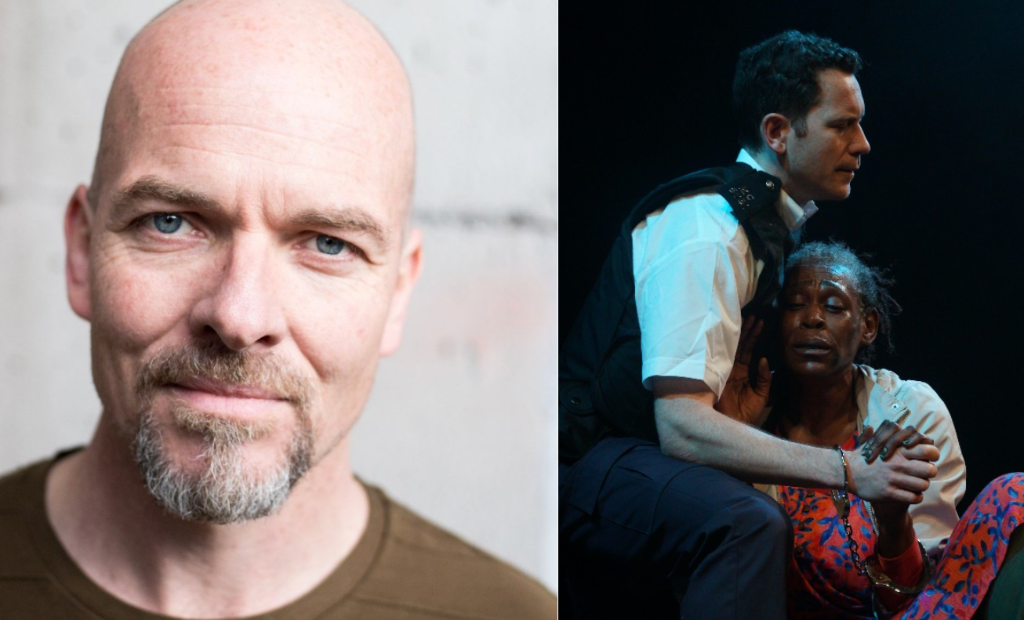
Playing On theatre company is a platform for disenfranchised communities whose voices are seldom heard. Through uniting experiential and professional experts, the troupe’s work has a wide reach and is dedicated to understanding all sides of complex narratives. We caught up with Artistic Director Jim Pope as they celebrate their tenth anniversary to hear his reflections and how they are working to further propel the benefits of this transformative approach to theatre.
First, congratulations on your ten-year anniversary! Playing On has reached so many disenfranchised communities since the company was founded, where have you found your work to be most impactful?
It’s definitely wherever there’s been a good balance of experts by profession meeting experts by experience. In a project at the Maudsley Psychiatric Hospital, we worked with staff and patients to create a residential drama engagement programme. In the end, we had a devised show where mental health professionals and patients performed together, with doctors playing patients and patients playing doctors. The audience, who were themselves psychiatrists, said they couldn’t tell who was who in the piece. It gave us an opportunity to show that improvisation and performance can help people tap into their acute expertise and observational powers, which was very profound.
By using improvisation, patients could show their ability to adapt, be resilient and negotiate real-life situations. In a normal hospital environment, it can be difficult for psychiatrists to predict how patients will react in unpredictable situations outside clinical consultations. Our improvisation work gave medical professionals a completely different insight.
We’ve also seen an impact within the criminal justice system, both in the community and in prisons. We’ve met disengaged members of the community and followed their progress to becoming associated artists who are successful theatre practitioners, writers and directors.
What has been an unexpected highlight of adapting your work approach throughout the pandemic?
Despite all its unpredictability, Zoom has been an unexpected highlight for us! On one level, it’s the bane of our lives, but it has also helped us to democratise spaces in a way that hasn’t been done before.
In our drama workshops, we’ve worked with people across the country and brought them together in a manner that wasn’t possible before. For one of our participants, she said it was the first time in her life where she felt she didn’t have to lie about growing up in care because of the online space she was in where everyone was her peer.
There are clearly still issues in terms of access to technology which is something to be worked on, but post-pandemic we still want to utilise Zoom and the benefits we’ve found here.
Playing On believes lived experience should always be the starting point. Why do you think theatre is such an effective outlet for those you work with to process their experiences?
On some level theatre is a very accessible outlet. We’ve all dressed up, played make-believe and told stories through theatre from very early on in our lives. Theatre allows people with lived experience to demonstrate their expertise. You can tap into what you know, have confidence that you are in your own territory and process challenging and uncomfortable issues in a fun way. Theatre allows us to reawaken this sense of play from when we were children and gives power to those with lived experience.
Your collaboration with East London NHS Foundation Trust proves Playing On excels in bringing together experts by profession and experts by experience. How have these unities changed the way service providers approach their work supporting users of mental health services?
East London NHS Foundation Trust asked us to deliver an engagement programme similar to the one we did at the Maudsley. This one is all about training junior doctors. NHS staff are under a lot of pressure and stress – especially young doctors who have so much to learn – that it becomes very difficult to keep a space alive for empathy, understanding and play. We’ve found that in bringing play into mental health contexts, a lot of time can be saved as it allows a strong sense of communication which in turn helps trust and leads to better relationships between doctors and patients.
Your co-founder, Philip Osment, left a strong legacy of theatre practice as a tool for transforming lives. How do your projects with disenfranchised and marginalised communities go on to improve their everyday lives?
Theatre is an ensemble practice. As well as conquering one’s fears, it’s also about not letting other people down. It’s a very positive thing to be in a team who are all working together. Although it can be uncomfortable and frightening, it also gives individuals an enormous sense of togetherness and reward. Often disenfranchised and isolated groups are those without a strong community, so our projects help people put up with short term discomfort for long term gain and achievement.
How is your work contributing to those affected by the wealth gap, especially now?
Our work helps people to bridge the wealth gap as they don’t require anything to get involved. We are able to go directly into people’s spaces and communities, whether that be their homes via Zoom, a hospital, prison or neighbourhood.
In working with disenfranchised communities, we have always worked with those affected by the wealth gap. Some say the use of digital media has negatively impacted those affected by this gap, but so far we have managed to engage people through their phones, tablets and so forth. By focusing on Zoom, we’ve seen a greater attendance in our programmes. We worked on a project over the first lockdown in Tower Hamlets with young people who were at risk of gang violence. Often, people didn’t turn up to our in-person programmes. But, when they didn’t need to leave their home, we found more people engaged. We are very passionate about enhanced digital support for those on low incomes so that the aspiration gap can be addressed post-pandemic.
Playing On evolves with every new connection made, but what is the root principle you carry through all your work as your community develops?
It always comes back to rigorous theatre practice. Community theatre should never be just “well done for trying”. It should be ambitious, detailed and nuanced. Philip and I worked extensively with Mike Alfreds, a renowned theatre director and patron. He believes that theatre should be different every night. Each new performance should be like you’re cooking a brand-new meal, not just re-heating something up in a microwave. That sense of spontaneity and truth is our root principle which runs through everything we do.
Playing On is respected for telling the other sides of difficult stories, such as your full-scale production Hearing Things. What changes are you hoping to see in society and their perspective of these topics by doing this?
We’re currently suffering from a society of strong, angry and polarised opinions, without much in the middle. We’re encouraging people to see what are sometimes presented as simple black-and-white issues as complex and nuanced. There is no single other side of the story because all stories have so many perspectives. The other side could be the depressed doctor or the scared prison officer. There is so much more to the narrative than a simple polarised story of good and bad.
We don’t make theatre that is simply political protest, it’s something that aims to understand the complex and nuanced feelings behind why people behave the way they do. We believe that change starts with a greater understanding of all sides.
As acting isn’t for everyone, what other ways can people get involved with the company that will lead to the same positive outcomes and improved well-being Playing On strives for?
We don’t just work with actors, we also offer training opportunities. We’re hosting a two-day training event in March which is focused on how to direct and teach workshops. When we deliver engagement programmes, there are also elements of writing and directing as well as acting. We’re also working on a workshop specifically designed for writers.
You have already displayed such resilience throughout these ten years. What element of Playing On is to thank for this, and is it something that can be applied to theatre arts in general?
We’ve worked in a lot of chaotic environments and we’ve developed practices so we can still create rigorous performance in the most unpredictable of circumstances, such as people not turning up to perform on the night! This adaptability has been invaluable over the past ten years. We have found that improvisation in the place of scripts has been effective as it avoids the problem of learning lines and the wooden performances that they can sometimes create. We use lots of theatre techniques to create a performance that isn’t just a straight play, such as using techniques where the audience can get involved in the action directly. With such a focus on community engagement in our work, we’ve had to draw a lot of strands together to make an event work.
We envision that theatre can be like this in the commercial sector as well. There is so much that can spin off from one central event. If you liken it to watching a fantastic drama on Amazon Prime, you can hover over the actors, see their bios, find other things they are in, watch outtakes and expand your involvement in the piece.
As you pass this landmark, what new goals are you focusing on in further securing the arts and their place in disenfranchised communities?
Actors, writers, directors and artists have always been underused, never more so in history than now. We want to upscale and expand our work and so we’re building an army of associate artists who can enter communities and cross-fertilise them with their brilliance, whilst developing their own practice at the same time.
Georgia Howlett



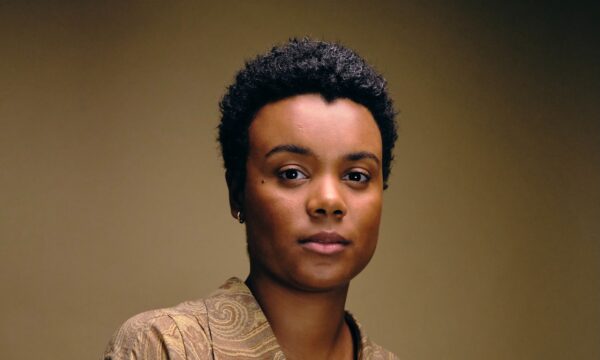

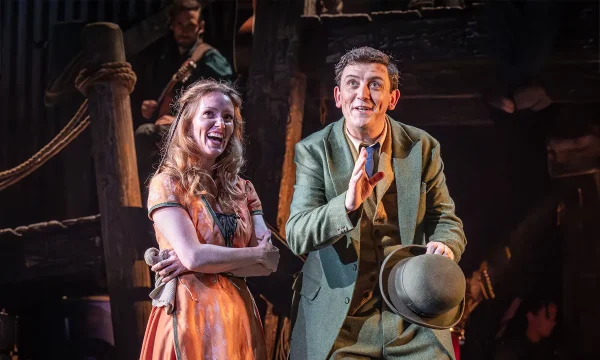
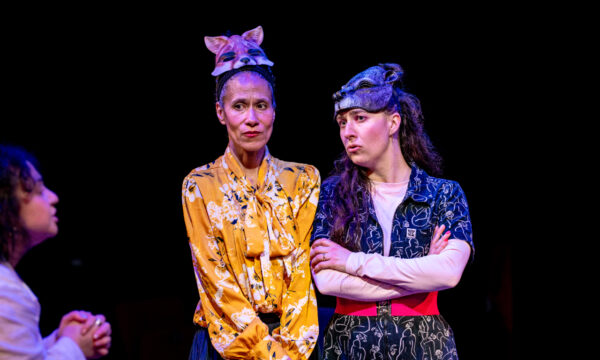
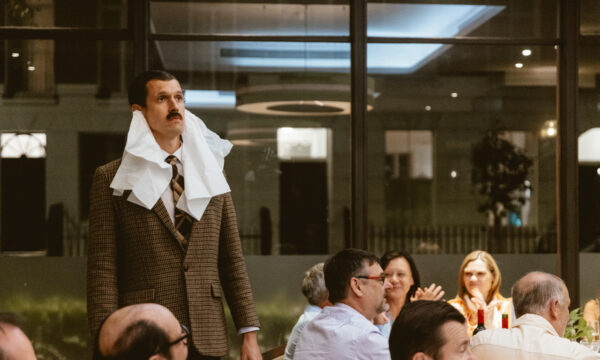
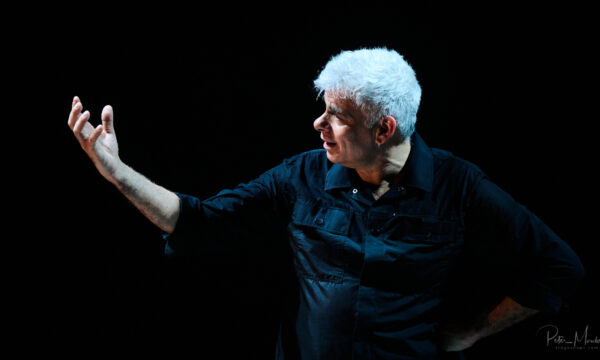
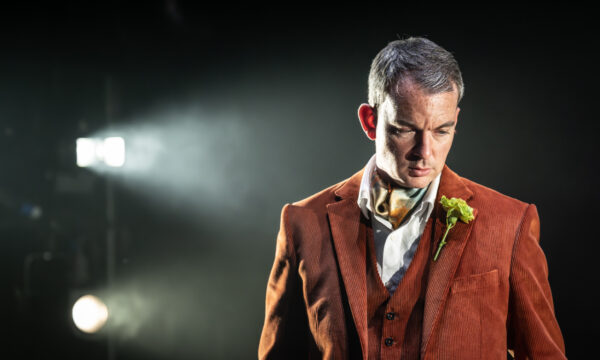
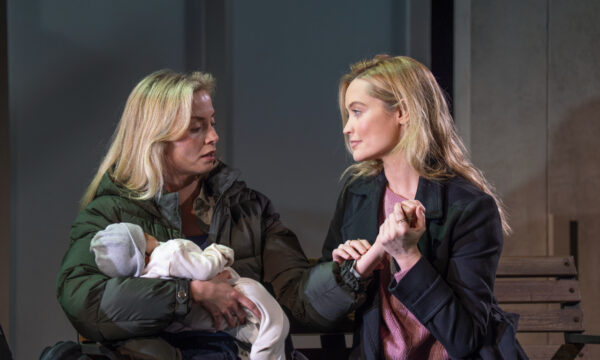















Facebook
Twitter
Instagram
YouTube
RSS